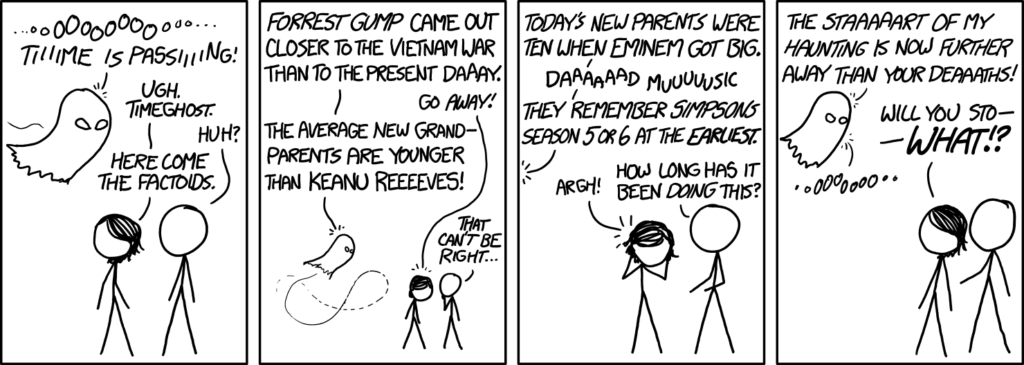Wouldn’t it be nice if we could plan for every contingency, every pathway and every possibility?
I’d like to think this is possible, but it’s only as a result of the direct experience of being reactive to situations that you can build a proactive measure. But, what if you don’t have the time for such experiences?
What if it’s go-time?
What if too much is on the line to falter that much?
Then it’s time to learn from others. This is where ancient wisdom and the people before us who have made the same pathways are our guide. This is where books come in handy, strategies from observation and direct advice from those who have been there.
It’s one thing to learn it on your own, but much better to learn from those who want to share. When you’re proactive to a fault, you won’t be prepared for everything, but very few things will be able to surprise you.

